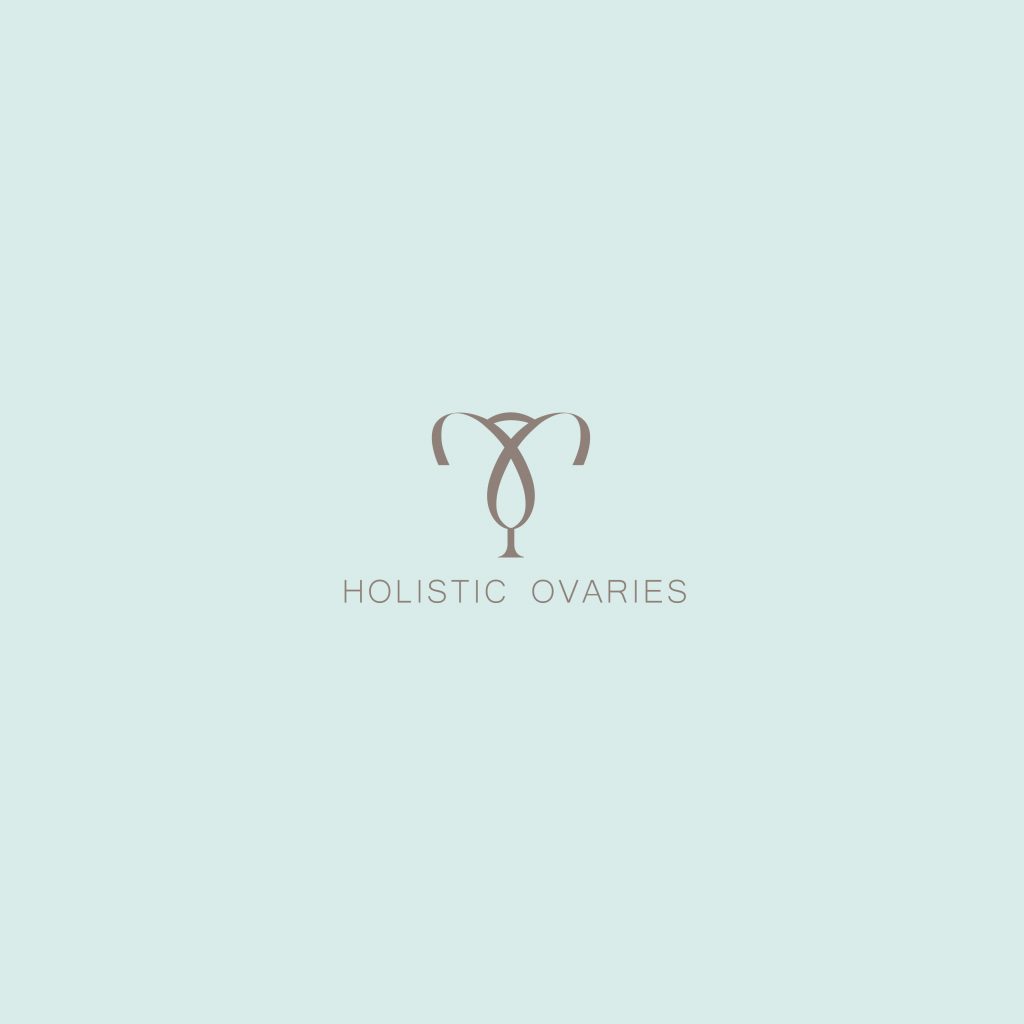Relationship between PCOS and Eating disorders

The relationship between PCOS and Eating Disorders
As we saw in the previous post eating disorders are more prevalent in women with PCOS than in our friends without PCOS.
The relationship between women with polycystic ovary syndrome and eating disorders is complex.
The etiology of disordered eating among women with PCOS is still not fully understood, but it is thought to be related to several factors including:
- higher BMI,
- weight and eating concerns,
- greater body dissatisfaction,
- depression and anxiety,
- poorer life quality and
- higher dietary restrictions.
You see, patients with eating disorders share several features with PCOS woman including:
- higher risk of depression and anxiety,
- body image disturbances, and
- lower Quality of Life.
Of course this is a simplified view. Eating disorders in PCOS can occur as a result of a complicated interplay between hormonal, psychological, social and metabolic influences.
Today we will focus on how PCOS symptoms relate to eating disorders and disordered eating behaviours. Let’s start with the research.
PCOS symptoms may increase risk of developing eating disorder:
- Many symptoms of PCOS (e.g. acne, hirsutism, and weight gain) might contribute towards increased risk of dieting behaviours and negative body image and it could potentially lead to developing bulimic disorder or subclinical eating disorders.
- PCOS symptoms such as infertility, hyperandrogenism, elevated body mass index (BMI), metabolic disorders and poor self-esteem have been shown to contribute to adverse mental health in PCOS population, including eating disorders.
- It has been noted that abnormal eating habits in women with PCOS could be influenced not only by PCOS syndrome itself, but also by induction of depression and impairment in lower quality of life in those patients.
- Binge eating disorder increased the body weight and increased body weight further exaggerated abnormal eating habits, thus significant correlation was found between binge eating disorder and PCOS.
- Moreover, binge eating disorder and PCOS are both associated with: diabetes mellitus, obesity, and hypertension.
- Women with PCOS suffer from: oligomenorrhea (infrequent bleeding), or amenorrhea (no menstrual period) and oligoovulation (infrequent ovulation) or anovulation (absent ovulation). Binge eating was significantly associated with amenorrhea and lifetime oligomenorrhea, the main menstrual irregularities in PCOS patients.
Eating Disorders and PCOS - Two-way relationship?
It is important to note that PCOS and eating disorders are a two-way relationship.
PCOS symptoms may lead to eating disorders and eating disorders may make PCOS symptoms worse.
For example: Eating disorders in PCOS women may lead to excess body weight, which may have profound effects to cause increased insulin resistance, hyperandrogenism and ovulatory dysfunction.
Obesity, PCOS and eating disorders
Obesity alone does not fully explain the relationship between PCOS and eating disorders.
Not only PCOS women with higher BMI are at risk of developing eating disorders, but also PCOS patients with lower BMI. Research observed increased odds of eating disorders in underweight women with PCOS.
Concurrent low self-esteem and severe psychological distress further increased the risk of eating disorders in PCOS women.
Therefore screening for eating disorders is urged in ALL PCOS women. Not only the one with elevated BMI.
Relationship status: “it’s complicated”
PCOS symptoms play a significant role in risk of developing an eating disorder.
But as I told you at the beginning of the post the issue is more complex and includes: hormonal, metabolic, psychological and social factors. I will mention that in the next post.
Relationships are complicated and to build healthy, beautiful and loving relationships is not enough to focus on one factor.
It is the same with PCOS.
We always hear that losing weight can improve our PCOS symptoms. But the way we approach weight loss, our relationship with food, our body image and psychological well-being is more important than losing weight itself.
Long term plan, consistency, education, awareness, professional, friends and family support are the key components of PCOS management.

If you have any questions or you would like to work with me drop me a message here.
Yours Agnese

References:
Ålgars, M., Huang, L., Von Holle, A. F., Peat, C. M., Thornton, L., Lichtenstein, P., & Bulik, C. M. (2014). Binge eating and menstrual dysfunction. J Psychosom Res., 1(76). https://doi.org/doi:10.1016/j.jpsychores.2013.11.011
Asdaq, S. M., Jomah, S., Hasan, R., Al-Baroudi, D., Alharbi, M., Alsubaie, S., Buhamad, M. H., Alyahya, B., & Al-Yamani, M. J. (2020). Impact of polycystic ovary syndrome on eating behavior, depression and health related quality of life: A cross-sectional study in Riyadh. Saudi Journal of Biological Sciences, 27(12), 3342–3347. https://doi.org/10.1016/j.sjbs.2020.08.039
Krug, I., Giles, S., & Paganini, C. (2019). Binge eating in patients with polycystic ovary syndrome: prevalence, causes, and management strategies. Neuropsychiatric Disease and Treatment, Volume 15, 1273–1285. https://doi.org/10.2147/ndt.s168944
Michelmore, K. F., Balen, A. H., & Dunger, D. B. (2001). Polycystic ovaries and eating disorders: Are they related? Human Reproduction, 16(4), 765–769. https://doi.org/10.1093/humrep/16.4.765
Pirotta, S., Barillaro, M., Brennan, L., Grassi, A., Jeanes, Y., Joham, A., Kulkarni, J., Couch, L., Lim, S., & Moran, L. (2019). Disordered Eating Behaviours and Eating Disorders in Women in Australia with and Without Polycystic Ovary Syndrome: A Cross-Sectional Study. Journal of Clinical Medicine, 8(10), 1682. https://doi.org/10.3390/jcm8101682

© 2022 All Rights Reserved. Made by DB.YOU Creative Agency


